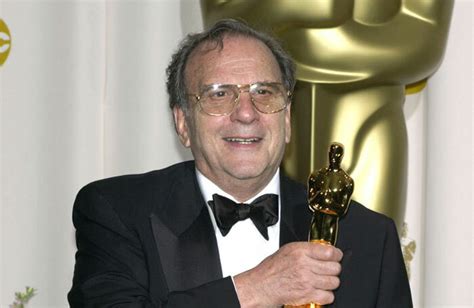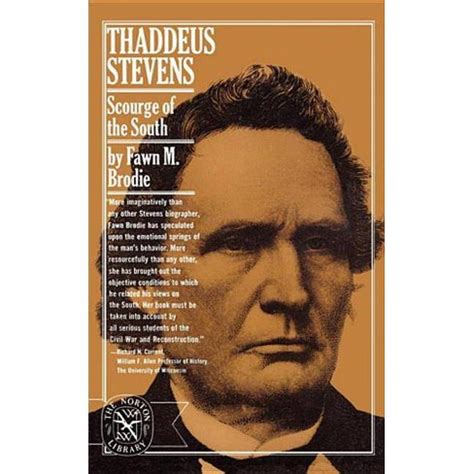A Quote by Sylvia Brownrigg
In fiction, I have been on a Zweig kick. In England over December, I noticed that many British newspapers' year-end recommenders were praising the Pushkin Press for reissuing several works by Stefan Zweig, a brilliant Austrian writer whose work brings to mind that of his compatriot Joseph Roth... these fictions are a treat of prewar European literature
Related Quotes
Roth Unbound is filled with intelligent readings and smart judgments. Because of the author's sympathy and sharp mind, it offers real insight into the creative process itself, and into Philip Roth's high calling as a great American artist. The book is, in some ways, a radical rereading of Roth's life and his work. It is impossible, by the end, not to feel a tender admiration for Roth as a novelist and indeed for Claudia Roth Pierpont as an empathetic and brilliant critic.
... over two hundred women, apparently at their own request, were sealed as wives to Joseph Smith after his death in special temple ceremonies. Moreover, a great many distinguished women in history, including several Catholic saints, were also sealed to Joseph Smith in Utah. I saw these astonishing lists in the Latter-day Saint Genealogical Archives in Salt Lake City in 1944.
I grew up in a very British family who had been transplanted to Canada, and my grandmother's house was filled with English books. I was a very early reader, so I was really brought up being surrounded with piles of British books and British newspapers, British magazines. I developed a really great love of England.
Each of us, even the lowliest and most insignificant among us, was uprooted from his innermost existence by the almost constant volcanic upheavals visited upon our European soil and, as one of countless human beings, I can't claim any special place for myself except that, as an Austrian, a Jew, writer, humanist and pacifist, I have always been precisely in those places where the effects of the thrusts were most violent.
Is the English press honest or dishonest? At normal times it is deeply dishonest. All the papers that matter live off their advertisements, and the advertisers exercise an indirect censorship over news. Yet I do not suppose there is one paper in England that can be straightforwardly bribed with hard cash. In the France of the Third Republic all but a very few of the newspapers could notoriously be bought over the counter like so many pounds of cheese.
I think December has always been the most haunted month, from the gothic-narrative point of view - a lot of Edgar Allan Poe stories are set in December. It's the last month of the year, and it's supposed to be sort of this mystical, spiritual month. And being Swedish, December is also the darkest month out of the year.
There's the fact that American fiction is basically the most apolitical fiction on the globe. A South American writer wouldn't dare think of writing a novel if it didn't allude to the system into which these people are orchestrated - or an Eastern European writer, or a Russian writer, or a Chinese writer. Only American writers are able to imagine that the government and the corporations - all of it - seem to have no effect whatsoever.
Oh, I love labels, as long as they are numerous. I'm an American writer. I'm a Nigerian writer. I'm a Nigerian American writer. I'm an African writer. I'm a Yoruba writer. I'm an African American writer. I'm a writer who's been strongly influenced by European precedents. I'm a writer who feels very close to literary practice in India - which I go to quite often - and to writers over there.



































